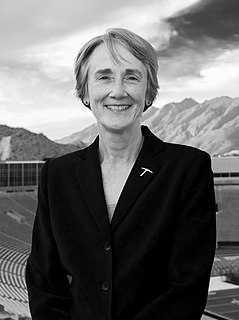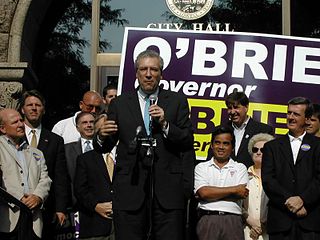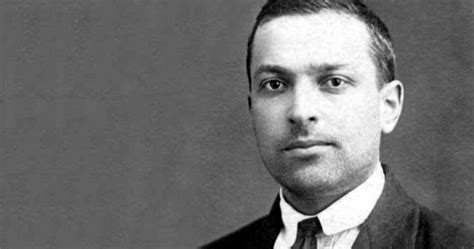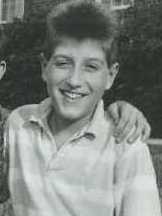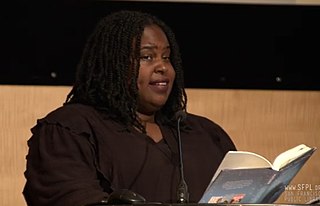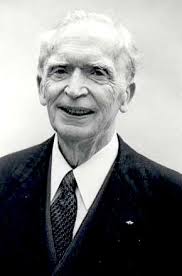A Quote by Parker J. Palmer
The academic bias against subjectivity not only forces our students to write poorly ("It is believed...," instead of, "I believe..."), it deforms their thinking about themselves and their world. In a single stroke, we delude our students into believing that bad prose turns opinions into facts and we alienate them from their own inner lives.
Related Quotes
By believing that only some of our students will ever develop a love of books and reading, we ignore those who do not fall into books and reading on their own. We renege on our responsibility to teach students how to become self-actualized readers. We are selling our students short by believing that reading is a talent and that lifelong reading behaviors cannot be taught.
Literary or scientific, liberal or specialist, all our education is predominantly verbal and therefore fails to accomplish what it is supposed to do. Instead of transforming children into fully developed adults, it turns out students of the natural sciences who are completely unaware of Nature as the primary fact of experience, it inflicts upon the world students of the humanities who know nothing of humanity, their own or anyone else's.
What is wrong with encouraging students to put "how well they're doing" ahead of "what they're doing." An impressive and growing body of research suggests that this emphasis (1) undermines students' interest in learning, (2) makes failure seem overwhelming, (3) leads students to avoid challenging themselves, (4) reduces the quality of learning, and (5) invites students to think about how smart they are instead of how hard they tried.
Unlike many graduate fellowships, the Rhodes seeks leaders who will 'fight the world's fight.' They must be more than mere bookworms. We are looking for students who wonder, students who are reading widely, students of passion who are driven to make a difference in the lives of those around them and in the broader world.
I think the Bhagavad Gita is about both the forces of light and the forces of darkness that exist within our own self, within our own soul; that our deepest nature is one of ambiguity. We have evolutionary forces there - forces of creativity, and love, and compassion, and understanding. But we also have darkness inside us - the diabolical forces of separation, fear and delusion. And in most of our lives, there is a battle going on within ourselves.
I have find that today's students are often more tolerant of human variance than students in earlier generations might have been. On the other hand, some of our students need much more interaction with a wide variety of peers so they level of understanding deepens and so they are prepared to live in a world that is only going to get smaller.
Public education for some time has been heavily focused on what curricula we believe will be helpful to students. Life-Enriching Education is based on the premise that the relationship between teachers and students, the relationships of students with one another, and the relationships of students to what they are learning are equally important in preparing students for the future.







